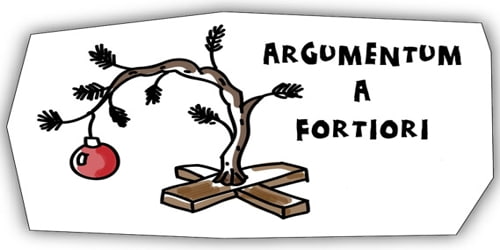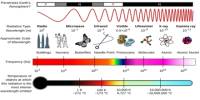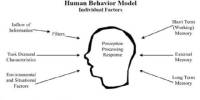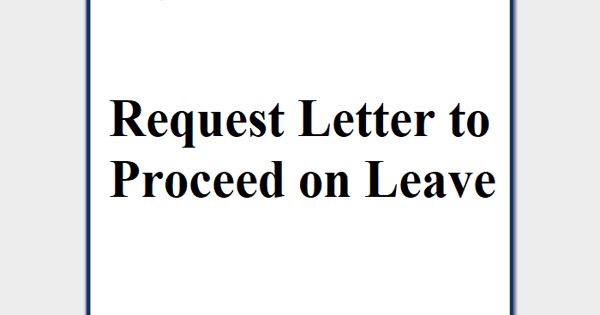Argumentum a fortiori
Argumentum a fortiori is a form of argument or a rhetorical device in which one claims that since we have great confidence in one claim, we can also have great confidence in a related claim. The Latin phrase is generally translated into English as ‘argument from strength’, or more descriptively, ‘argument from a yet stronger reason’.
“If ye then, being evil, know how to give good gifts unto your children, how much more shall your Father which is in heaven give good things to them that ask him?” — Matthew 7:11
In the English language, the phrase a fortiori is most often used as an adverbial phrase meaning “by even greater force of logic” or “all the more so”.
Bryan A. Garner has written in Garner’s Modern American Usage that writers sometimes use a fortiori as an adjective, which he says is “a usage to be resisted.” As an example of this he gives the sentence, “Clearly if laws depend so heavily on public acquiescence, the case of conventions is a fortiori one.”
A fortiori arguments are regularly used in Jewish law under the name Kal va-chomer, literally “mild and severe”, the mild case being the one we know about while trying to infer about the more severe case.
The term a fortiori is sometimes used in legal writing to say that an argument being made has already been expressed from an even stronger position. For instance, the writer may state that, because a particular fact is true, the court can infer that his own argument, or second fact, is also true.
A fortiori argument is applied by following the logic that a point to be proved is followed by a stronger claim. This principle is applied in situations where:
- a proposition previously given or proven in the argument contains and implies a variety of “weaker” or less contentful materials; and
- a proposition being proven is only one of the propositions contained and implied.
There are mainly two types of a fortiori argument. They are:
- a maiore ad minus, that means from greater to smaller; and
- a minore ad maius, that means from smaller to greater.
A fortiori argument is sometimes considered in terms of analogical reasoning – especially in its legal applications. Reasoning a fortiori posits not mere that a case regulated by precedential or statutory law and an unregulated case should be treated alike since these cases sufficiently resemble each other, but that the unregulated case deserves to be treated in the same way as the regulated case in a higher degree. The unregulated case is here more similar (analogues) to the regulated case than this case is similar (analogues) to itself.
Information Source:
















